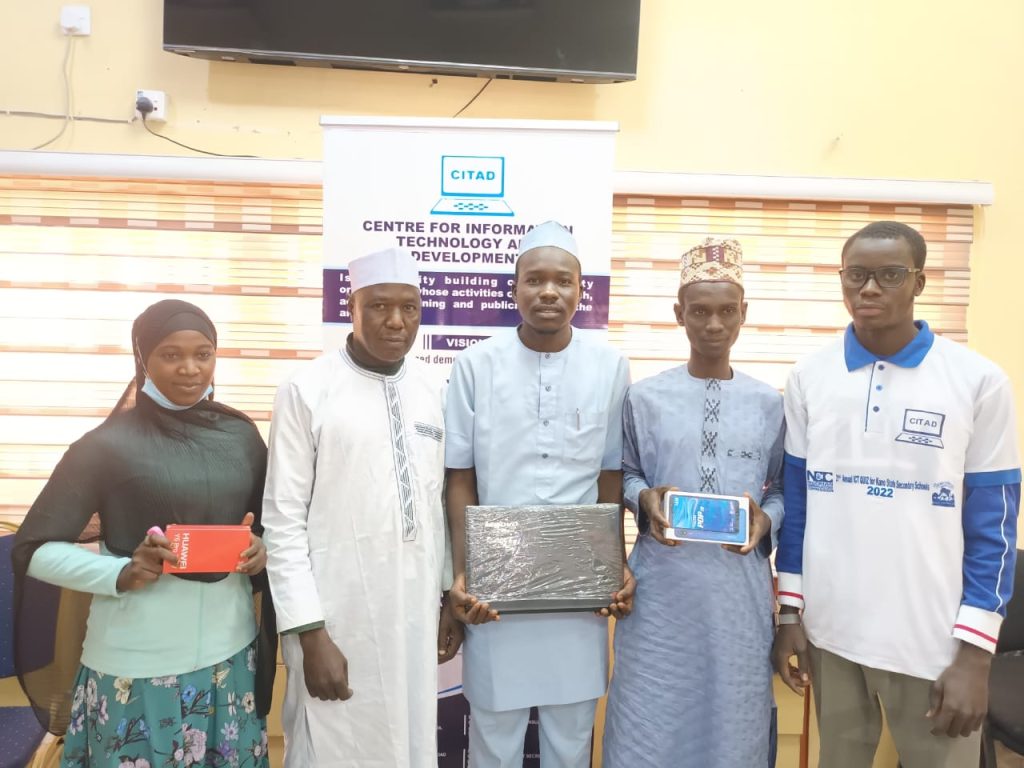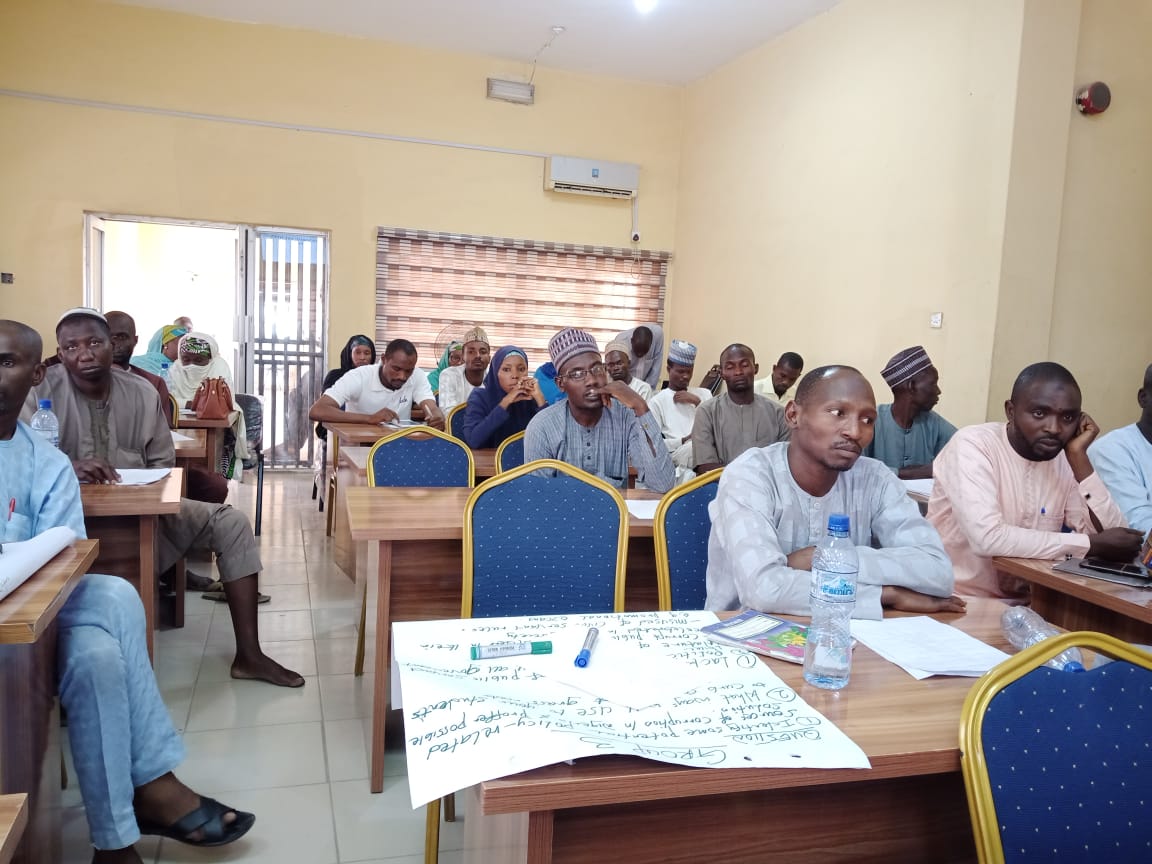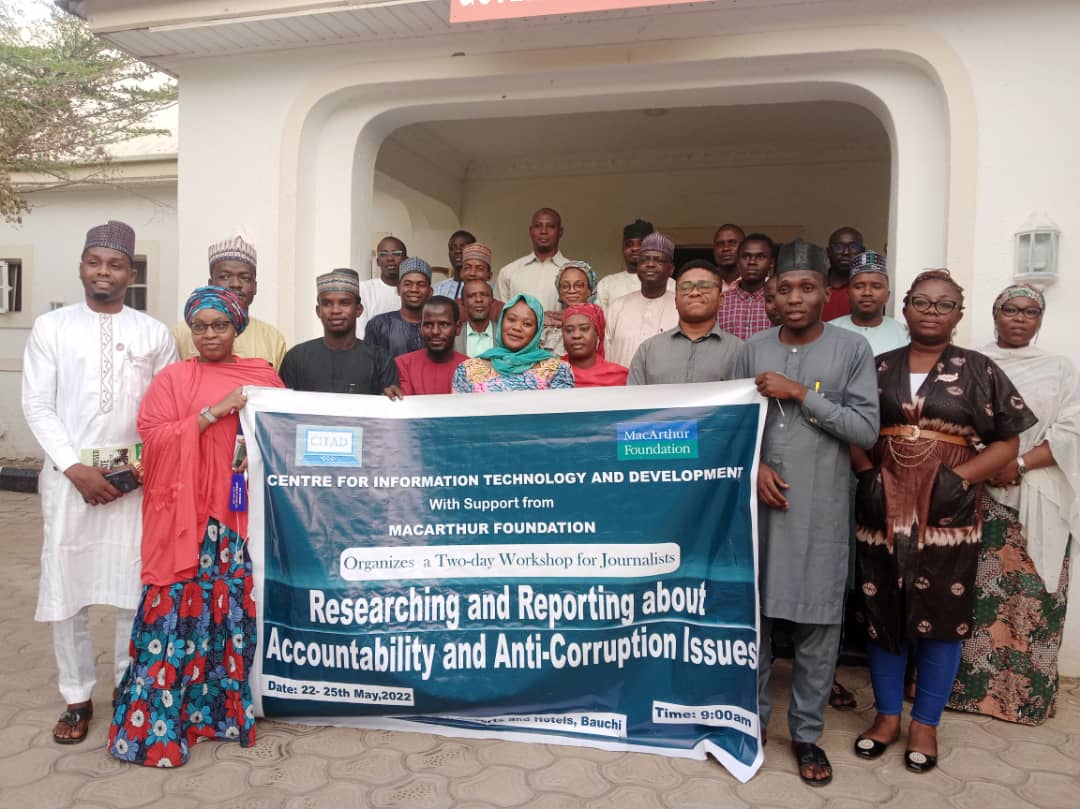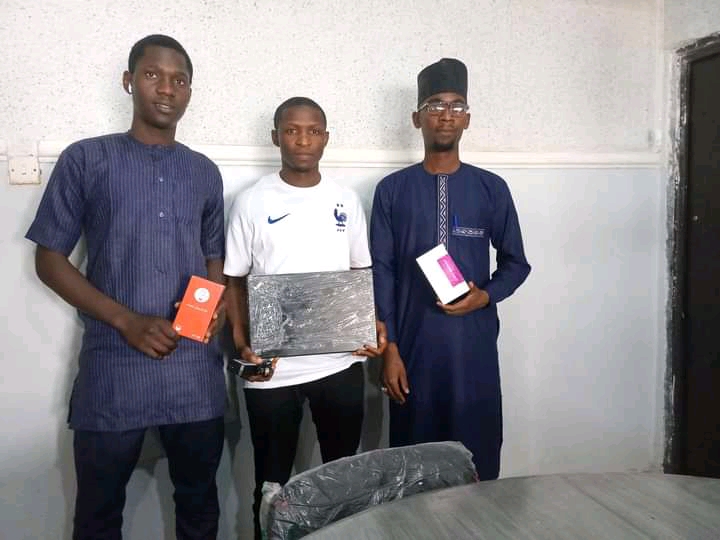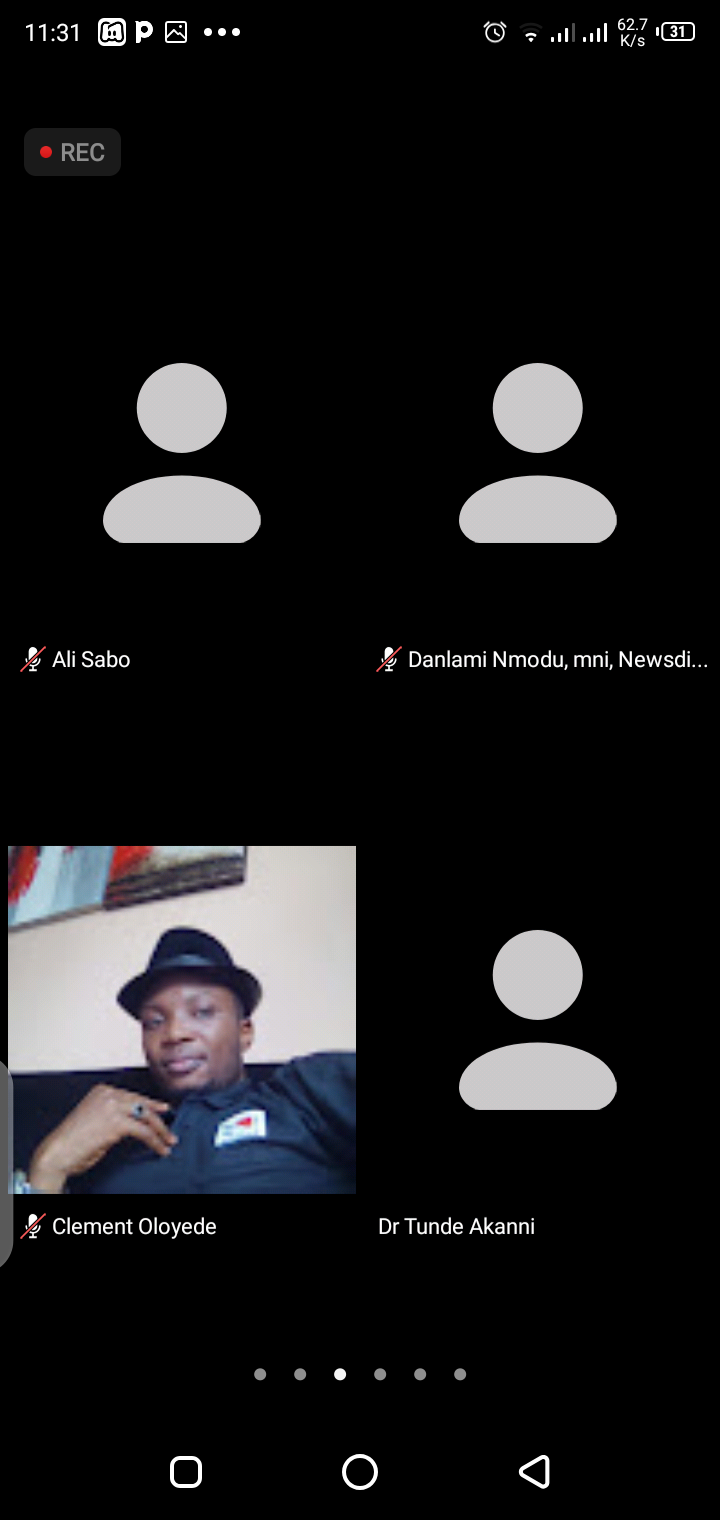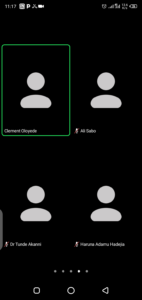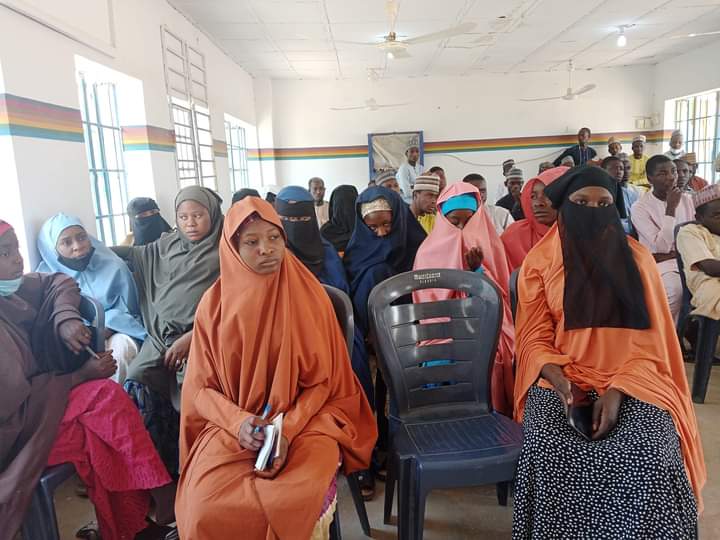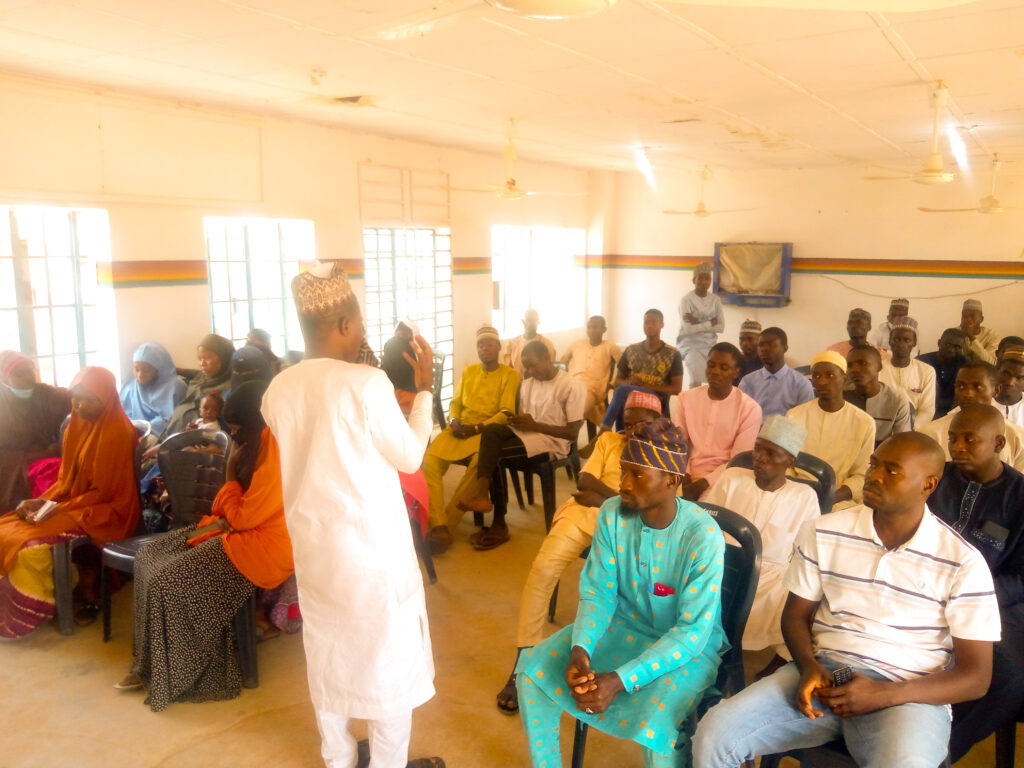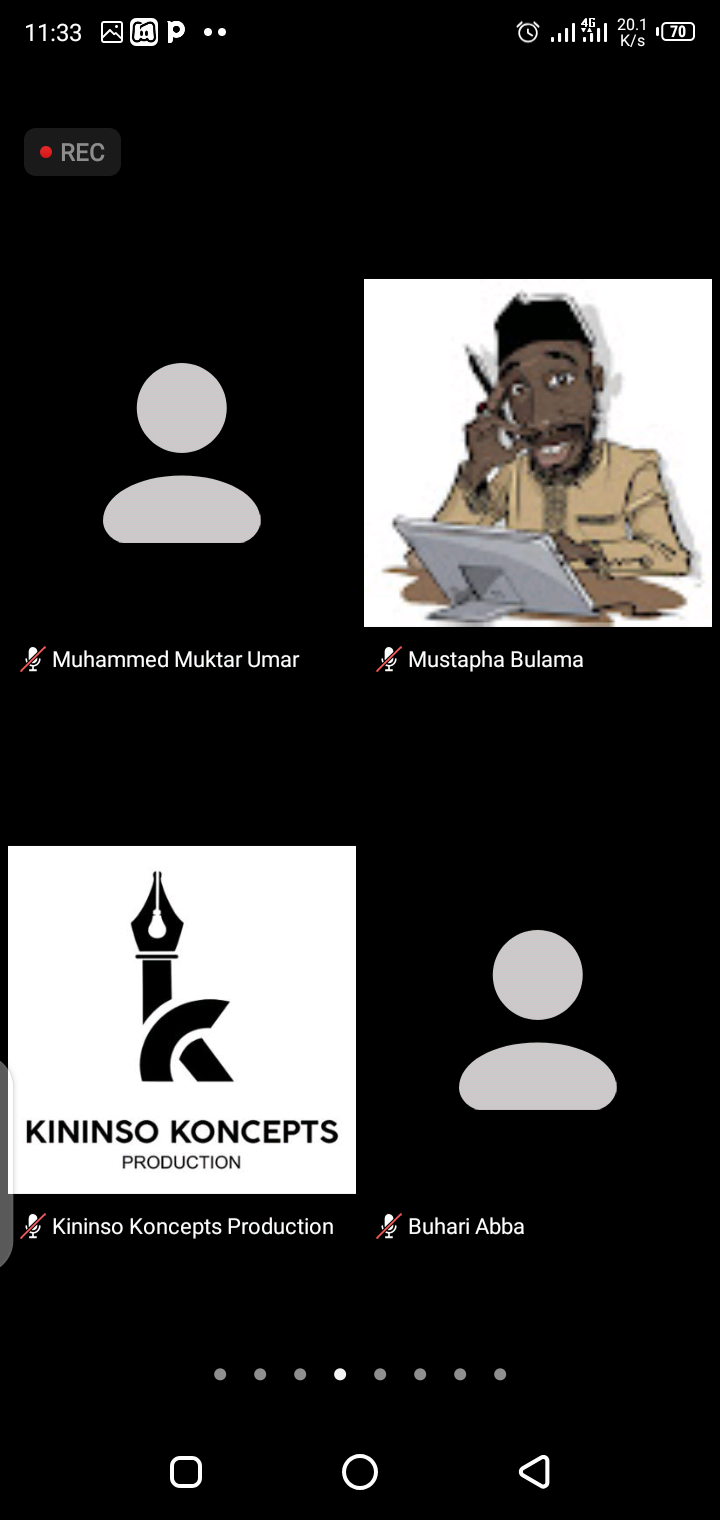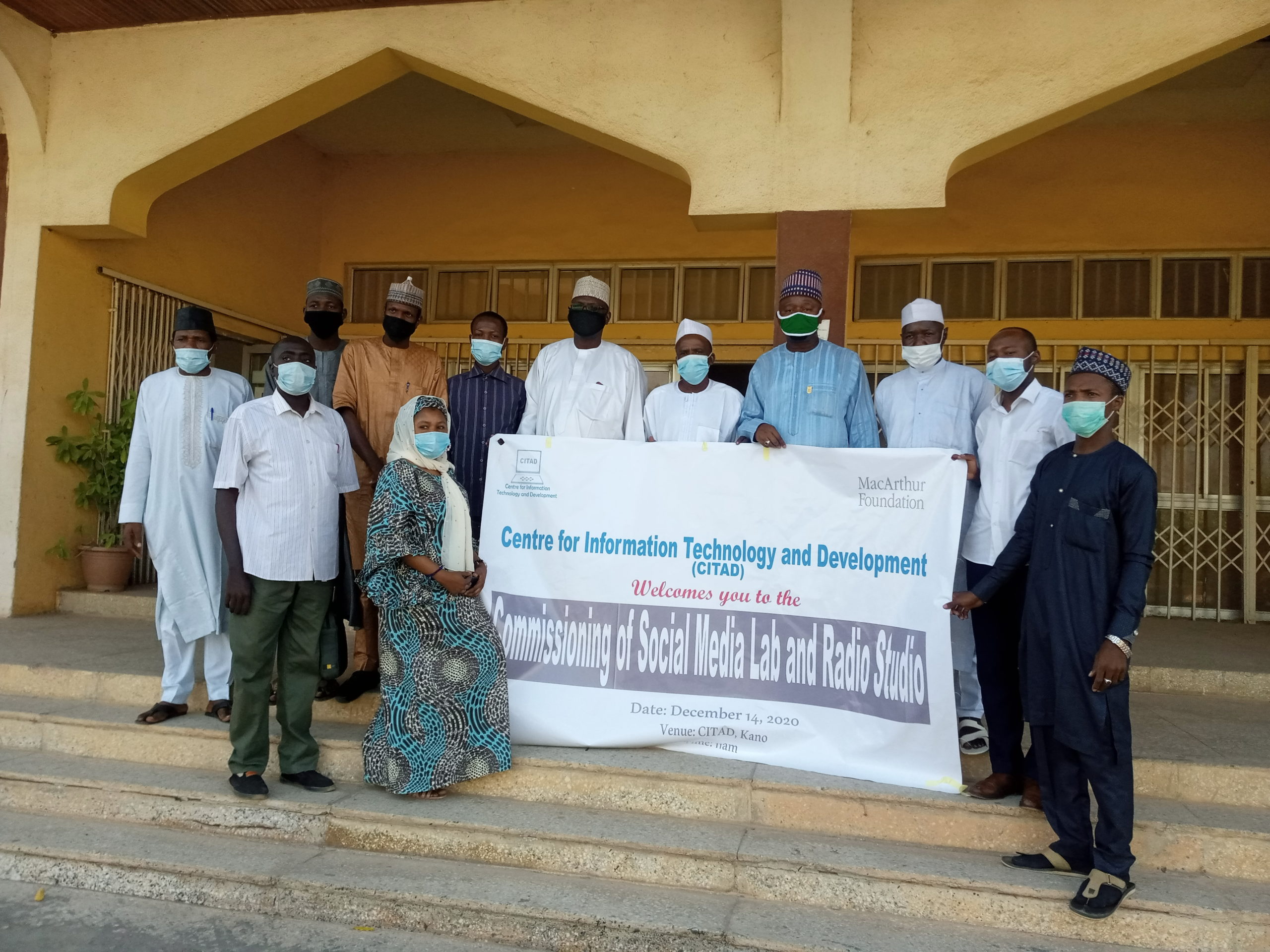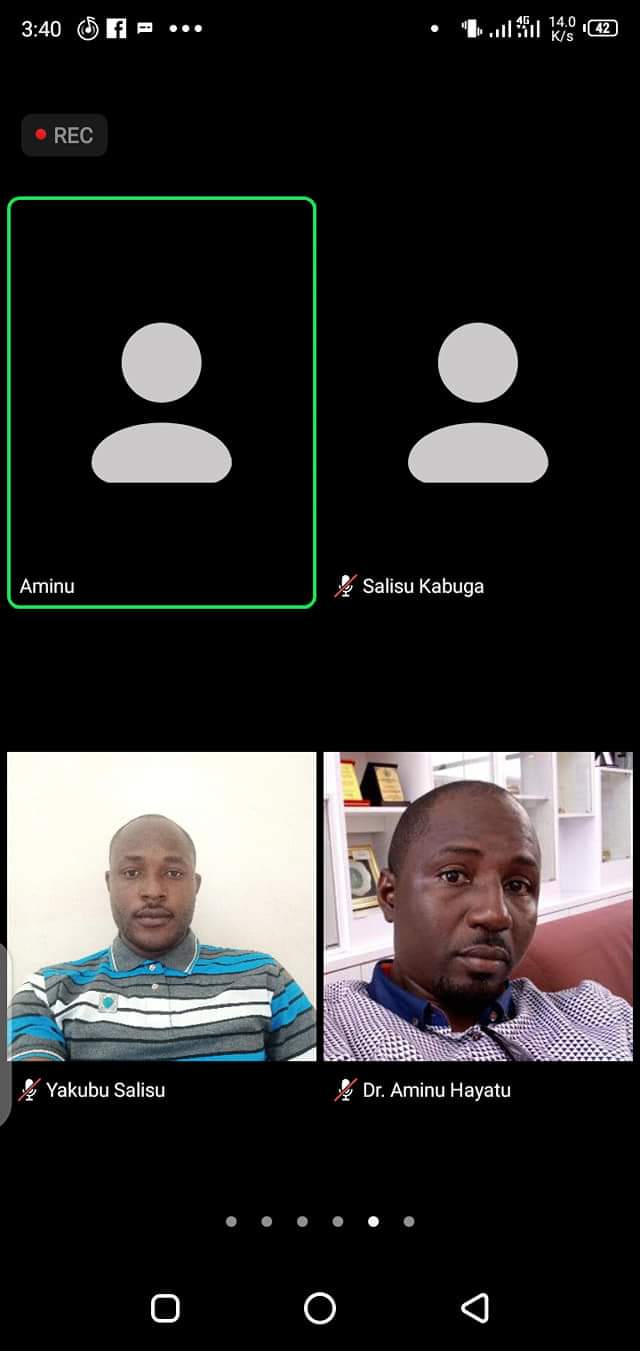INTRODUCTION
For over many decades, corruption has become the most destructive phenomenon which wearies away the economic growth and development of the entire Nigerian state. Corruption has penetrated to all levels of starting from the wards in local government areas and up to the federal level of government. Similarly, Nigeria is a state that is blessed with all forms of resources including land, human and natural resources that could place the state in the top countries of the world and compete with first world countries. Unfortunately, the persistent political corruption and lack accountability in Nigeria have kept Nigeria backward with excessive embezzlement of public fund by political officers, election rigging, bribery etc in all sectors including health, security and education.
Fighting corruption and promoting accountability therefore is collective and a task for all. To discharge their responsibilities in line with this postulations, Centre for Information Technology and Development (CITAD), with support from MacArthur Foundation started implementing a project titled “Anti-corruption and Accountability,†where CITAD is working with 26 social influencers who use the influence especially on social media and other media outlet to influence citizens in Nigeria to stand against corruption and advocate for accountability at all level of government.
On January 15, 2018, the Social Influencers Cluster on Deepening Anti-Corruption and Spreading Accountability led by the Centre for Information Technology and Development (CITAD) and supported by MacArthur Foundation held it First quarter meeting. The participants were sub grantees working on anti-corruption and accountability project. Over 20 Social Influencers took turns at the meeting to speak on their experience on the project on anti-corruption and accountability. The meeting which held at Newton Park, Abuja allowed members of the cluster to review their work and reflect on the uptake of accountability and anti-corruption issues in the current campaigns by political parties for the 2019 General Election.
While giving an opening remarks at the beginning of the meeting, Dr. Tunde Misbahu Akanni who chaired the meeting, harped on the need for members of the cluster to adhere to the deadlines for the submission of quarterly reports, as such delays hamper the prompt release of subsequent tranches of funds.
This point was further adumbrated by Dayo Olaide, the representative of MacArthur Foundation, Dayo Olaide during general discussion who stressed on the importance of prompt filling of reports. He also emphasized the need for sub-grantees to avoid the issue of conflict of interests in the course of their work particularly as we approach the general election.
ACTIVITIES DURING THE MEETING
The Meeting was divided into three segments.
1ST SEGMENT:
The first segment consisted of presentations; one on “Understanding the Human Cost of Conflict and Corruption in Nigeria,†by Chris Kwaja of Centre for Peace and Security Studies, Modibbo Adama University of Technology Yola, Adamawa State. In his presentation, Chris Kwaja explained that despite the victimhood associated with their experiences with conflicts, many Nigerians lack the power to exercise their civic rights in relations to the demand for accountability and transparency as it relates to conflict related responses by state and non-state actors. He lamented that Corruption has become a dominant features of responses by these actors – monies appropriated, distributed and used under the guise of conflict related interventions are mis-applied, mis-used or stolen through official and unofficial means.
In his presentation, Kwaja also explained how corruption has killed Nigeria to a bottom line. He stated that corruption erodes public trust on the state and its institutions, thereby perpetuating a regime of impunity. Similarly, citizens are cut off from knowledge of what happens to the monies meant to address their problems, leading to social tension (Boko Haram emerged because the state is ‘corrupt’). In the eyes of the citizens, the state is also perceived as corrupt in way it allocates and uses resources to fight Boko Haram).
At the end of his presentation, he opined that empowering communities to demand social accountability through the availability of information as well as the right communication tools and channel for combating corruption is imperative and a collective responsibility. Another important point he made was to train key community actors on the monitoring and tracking of the distribution of budgeted funds and relief materials
The second presentation was on “Creativity in the Fight against Corruption†by one of the subgrantees, Diego Odoh Okenyedo (Splendors of Dawn), who uses creativity in poetry to deepen anti-corruption and spread accountability. Diego explained that creativity such as in Drama and poetry could be used to send messages on anticorruption and accountability in an entertaining manner. Citizens including young people as well as political officers could be connected with anticorruption and the need for accountability and transparency through poetry, pop culture, stage drama etc. This could be done by using imagination of original ideas to create messages on anticorruption and accountability. He explained that key elements in doing that involved associating by drawing connections between questions, problems or ideas from unrelated field; question by posing queries that challenge common wisdoms, observing by identifying new ways of doing things, networking by meeting people wth different ideas and perspectives and lastly; experimenting by constructing interactive experiences and provoking responses to see new insights.
2ND SEGMENT 2:
The Second segments consisted of issues relating to the activities implemented by each sub-grantee. 21 social influencers attended the meeting and shared their experiences on their various activities and their challenges. The activities carried out by the social influencers in the first quarter included poetry, documentary, drama, journals, radio programme, online news updates, daily tweets and researches etc.
Challenges as shared by the social influencers include:
- Getting across to the politicians and political stakeholders.
- People are not willing to engage themselves in matters that concerns their rights.
- People challenge some of the social influencers thinking that they are not neutral and or were being paid by some politicians to carry out the activities.
- Physical threats from people against some staff who went to public areas for shooting.
- Some Sub grantees made known that the project has been yielding positive results.
- In some locations in Nigeria no much is been said on anti-corruption and accountability, citizens in that region talk more on insecurity which is a challenge.
- The issue of feedback from the citizens is a challenge.
In this segment also, the CITAD team discussed on how to properly prepare report and retirement for each quarter. Aliyu Dahiru Aliyu who is the M&E officer, Spoke from the monitoring and evaluation perspectives and stated some guidelines on how to properly meet all its requirement. Maryam Ado Haruna, the programme officer also explained the guidelines needed to be followed while filling the quarterly narrative form. She also stated that there is need for monthly update of each sub-grantees activities, adding that a timetable would be developed and sent to them to know when they need to submit any required document. This was to enable timely submissions on time and avoid unnecessary delays as experienced in the first quarter. Abubakar Yusuf Auyo, the project accountant also stated requirements for the financial report including supporting documents of all transaction made with the project fund.
3RD SEGMENT:
In the third segment which was the last segment, consisted of general discussion and observation on corruption in Nigeria. The outcomes were:
- The participants discussed that People on the ground who are directly affected by the conflict in the North East can sometimes see the international agencies themselves as beneficiaries of the insurgency and feel that they themselves do not always meet the highest accountability standards.
- Similarly, there is a backlash against those working on accountability issues when it come s to the fight against the insurgency in the North East or the provision of humanitarian aid.
- Again, the issue of production of fake news has aided toward deepening corruption in Nigeria.
- At the end of the meeting, the communique drafted during the meeting was presented and was signed by CITAD and the social influencers.
- It is important to collaborate with other social media influencers working on the anticorruption project, in the print media, the performing art and other socially conscious CSOs.
- Many Nigerians lack the power to exercise their civic rights in relations to the demand for accountability and transparency as it relates to conflict related responses by state and non-state actors.
- The Nigeria’s security sector remains one of the most visible actor in the country’s conflict landscape
- Security funds are outside the budget and financial reporting systems (they don’t account to anyone about how such funds were spent.
- The issue of diversion of relief materials by aid workers, government officials and diversion of humanitarian funds through fraudulent contracts
- There is practice of classified expenditure under the guide of security votes, which end up as slush funds that are spent without any iota of accountability.
